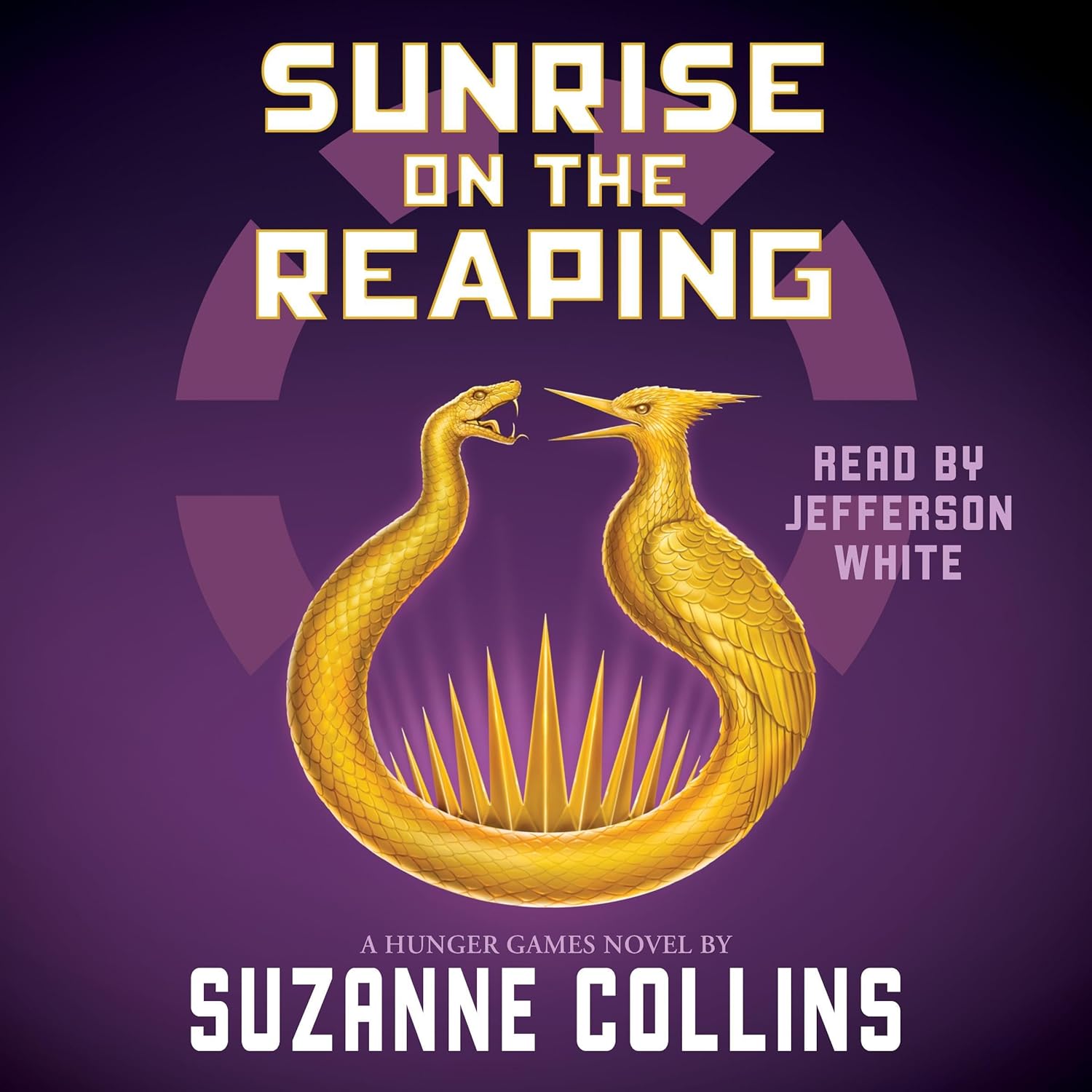[toc]
intrigue and power a book excerpt analysis
Sunrise on the Reaping (A Hunger Games Novel) (The Hunger Games)
Page 179 Review
A Glimpse into Hunger, Power, and Secrets: A Book Review
Suzanne Collins’s work continues to captivate readers with its intricate narratives and compelling characters.
This excerpt offers a tantalizing peek into a world of political maneuvering, subtle threats, and simmering resentments.
Let’s delve into the complexities presented within these lines.
The Enigmatic Mr.
President Snow
The scene opens with President Snow, seemingly weakened but undoubtedly in control.
The opening line, “Sometimes the cure is worse than the disease,” immediately sets a tone of unease and foreshadowing.
This isn’t a simple recovery; it’s a strategic recalibration.
His response to the unnamed narrator, “Incompetence.
You can’t ignore it, or it spreads,” suggests a ruthless approach to leadership, where perceived weakness is met with swift and decisive action.
Milk, Bread, and a Curious Appetite
The recurring request for milk and bread, coupled with Plutarch’s hesitant concern, adds a layer of mystery. “Another.
And some bread,” Snow demands, dismissing Plutarch’s suggestion that it might be unwise given his condition.
His insistence on consuming large quantities of simple food points towards a possible detoxification or a deliberate attempt to regain strength quickly.
His explanation, “Not an illness.
Food poisoning.
A batch of bad oysters.
But I’ve fared far better than Incitatus Loomy,” feels almost too convenient.
The mention of Incitatus Loomy, the parade master, and Plutarch’s reaction, “The parade master?” asks Plutarch, a funny look crossing his face, implies a hidden connection or a veiled threat.
The Heavensbees and the Dark Days
Snow’s observation of the books, “Look at them all.
Survivors.
During the Dark Days, people burned books to stay alive.
We certainly did.
But not the Heavensbees.
They remained stinking rich, even when the best families were reduced to squalor,” reveals a deep-seated resentment towards the wealthy elite.
This passage alludes to a societal breakdown and a struggle for survival, where the Heavensbees managed to maintain their opulent lifestyle while others suffered.
This detail provides crucial context for understanding Snow’s motivations and his view of power dynamics.
The line about burning books to survive is stark and powerfully evocative, illustrating the desperate measures people took during a time of immense hardship.
A Hidden Remedy
The action of removing a bottle from his pocket, “He removes a small bottle from his pocket, uncorks it, and swallows the contents, shuddering as it settles,” is intriguing.
What is this mysterious substance, and what is its purpose?
The shudder suggests it’s not a pleasant experience, perhaps a potent medicine or something far more sinister.
This small action adds another layer of intrigue to Snow’s character and his plans.
The Weight of History
The mention of his classmate, “Classmate of mine, Hilarius, was one of,” abruptly ends, leaving the reader hanging.
This incomplete thought hints at a past relationship and a potential connection to the events unfolding.
It underscores the idea that personal history and past grievances play a significant role in shaping the present.
This ambiguity keeps the reader engaged and eager to learn more about the characters’ backstories and their motivations.
Overall Impression
This excerpt is a masterclass in subtle storytelling.
Through carefully chosen words and actions, Collins creates a world of intrigue, power struggles, and hidden agendas.
The dialogue is sharp and revealing, the characters are complex and morally ambiguous, and the pacing is expertly controlled.
The themes of survival, social inequality, and the corrupting influence of power are subtly explored, leaving the reader pondering the deeper implications of the narrative.
The use of internal monologue, such as “Sometimes the cure is worse than the disease,” provides a window into Snow’s Machiavellian mindset.
The descriptions, while sparse, are vivid and evocative, painting a clear picture of the setting and the characters’ emotions.
The overall effect is one of mounting suspense and anticipation, leaving the reader eager to uncover the secrets that lie beneath the surface.
The passage expertly uses implication and suggestion rather than overt exposition.
We are left to infer the relationships between characters and the reasons behind their actions, creating a sense of unease and prompting us to question everything we read.
The themes of class division, the abuse of power, and the manipulation of truth are all subtly explored, making this excerpt a rich and rewarding reading experience.
The unanswered questions and unresolved tensions leave the reader craving more, eager to delve deeper into the world and uncover the secrets that lie hidden within its shadows.
The narrative skillfully balances moments of quiet contemplation with hints of impending action, creating a dynamic and compelling reading experience.
Buy full ebook for only $15: https://www.lulu.com/shop/suzanne-collins/sunrise-on-the-reaping-a-hunger-games-novel-the-hunger-games/ebook/product-e7496ww.html?page=1&pageSize=4

